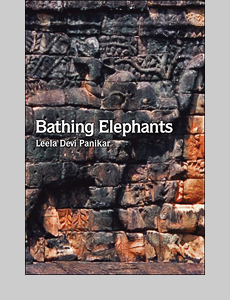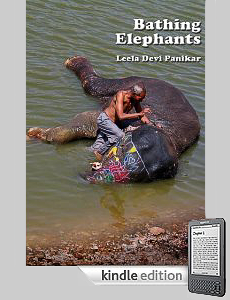The Book Thief
Markus Zusak
The Book Thief
Read on Kindle
Death is the narrator of ‘The Book Thief’. An intriguing idea but often I missed Death as the teller and heard the writer speak. Death is shown as compassionate and appreciative of humans and at times is unwilling to have to fulfill his duty.
The Book Thief is the story of a young girl, Liesel, hinted as being Jewish, left in the care of non-Jewish German foster parents. The foster-father is kind and considerate and the foster-mother rude and harsh on the surface but caring and deeply loving. The story takes place in a town of extreme poverty near Munich, not far from Dachau, in the time of Hitler.
The death of Liesel’s brother on the way to the foster parents and the disappearance of her mother, presumed sent to a death camp after she is placed in foster care, play a large part in shaping the young girl’s character.
As Liesel grows up in a Jew hating environment she becomes a good keeper of secrets. Books rare as they are banned and burned by the Hitler authorities. She hides the fact she reads, hides the books she manages to steal. Her foster parents are portrayed as strong characters; with kindness and care they help the child grow up. They assist her in keeping secrets in spite of their constant fear of their foster child being revealed as Jewish and later the fact they hide a Jewish young man in their basement.
The idea of long phrases as titles for chapters is interesting though sometimes they give away the plot too soon.
Author, Markus Zusak tells a good story, a truly lovely story of intrigue and strength of character but ruins the novel with much unnecessary detail and imagery. His invented words and phrases are good and clever at times but often too creative. They confuse and break up the enjoyment of the story. Instead of ‘walking’ we have – The feet scolded the floor and Grimy tears were loosened from the children’s eyes – ‘the children cried’ would have been adequate.
Short stories within the story, poetry and drawings lead to tedious reading. More confusion is introduced by magical-realism.
His generous smattering of German words and phrases and their immediate translation into English for the benefit of the reader is annoying and lead to constant break in the flow of a good story.
And clichés abound: ‘You are either for the Fuhrer or against him,’ etc, etc.
The end comes too quick, too easy and too clean.
As a reader-writer I found the work laboured. The story could have been told with more impact had the writing been tighter.
In spite of the over inventive writing and cluttered art of story telling I would recommend the Book Thief. It is an interesting, passionate and touching novel.
Leela Panikar







Glad to see that you think the book is good…I just bought it online and am starting on this…
So glad I have not put you off, Suneetha. It is a good read in spite of trying un-load too much.
I agree about the first part, that Death needed to be clearer as a character – it was weak because it often became the general narrative voice. I wasn’t put off by the lyrical way of saying simple things except here and there, which I forgave because the rest was so good. Wasn’t slowed by the translation and German either. I learnt several German words now – saumensch and the other bad words, of course, and also kinder – didn’t know it meant ‘children’ – so understood how kindergarten came about.
I loved the drawings and the books within the book.
I admit I looked at the book with a love-softened eye, though, and do see how the above points may have reduced reading pleasure for you and some readers.
Hash, Glad you you did not find it difficult to enjoy this book as I ded, and glad you didn’t read my review before reading the book. I do agree it was a good book.
Thanks for taking time to write your view, I do appreciate it. More discussions soon I hope. I am still with two books…The Finkler Question and The Guide to Editing fiction.